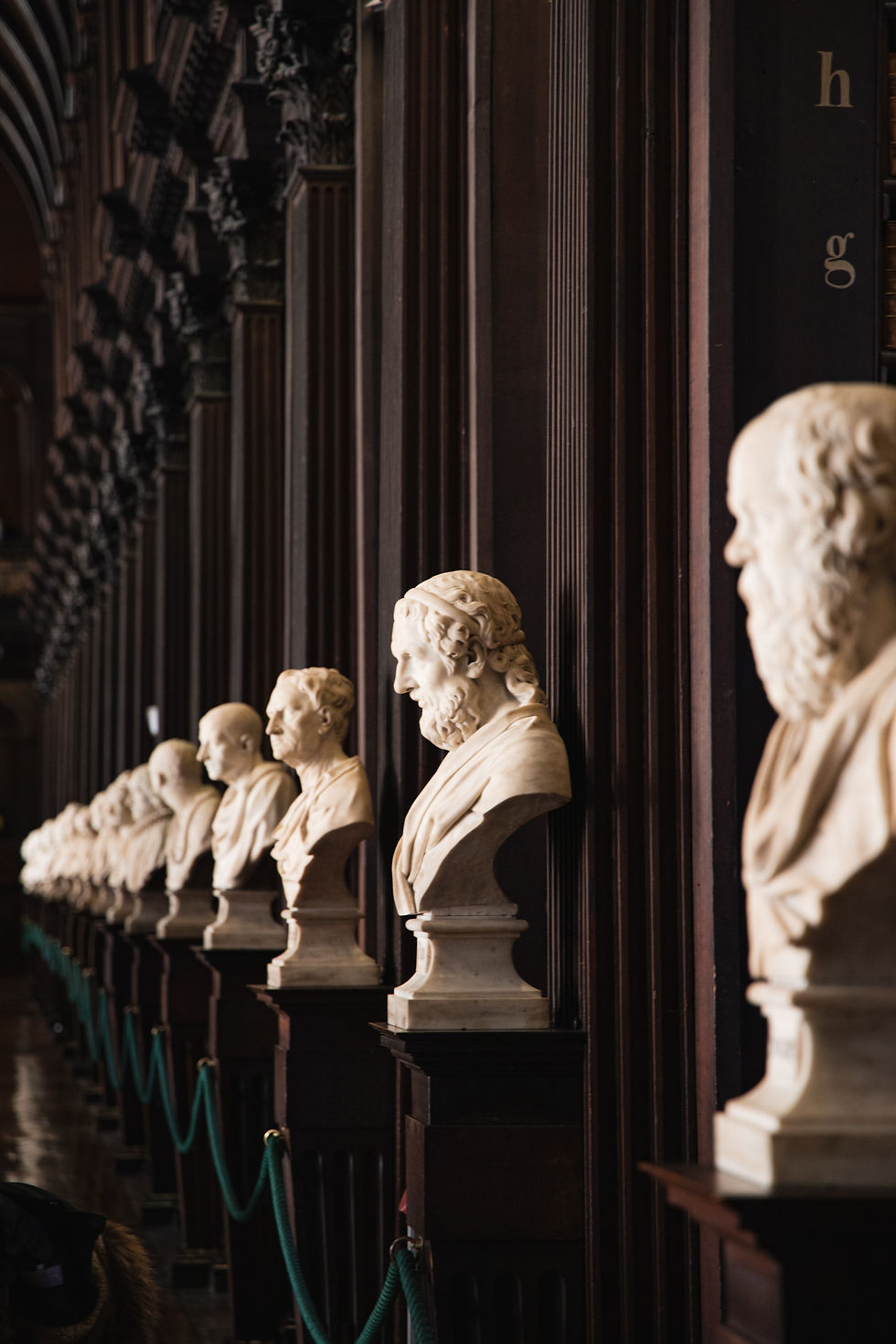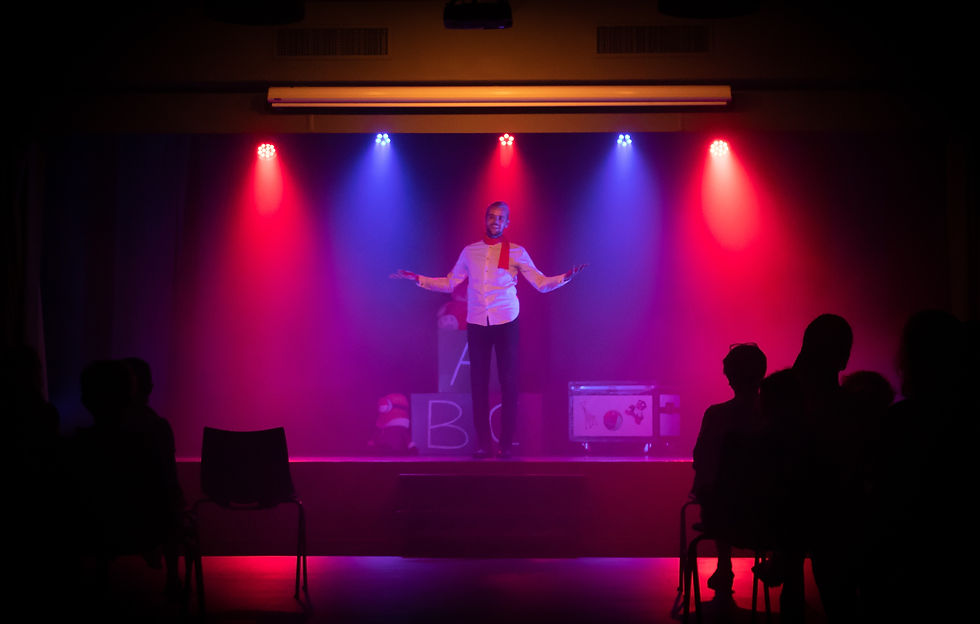The Wisdom in Our Wake: Honoring Founder’s Energy and the Elders in Leadership
- Kinsey Hartwell
- 21 jun
- 3 minuten om te lezen
Not all roots hold us back. Some anchor us in what truly matters.

In the whirlwind of innovation, strategy roadmaps and quarterly targets, it’s easy to forget where we came from. Not just as individuals, but as organizations. And yet, tucked into the DNA of every company lies something sacred: the story of how it all began.
Call it founder’s energy. Call it the elder spirit. Call it culture’s original heartbeat. Whatever name you give it, it holds a kind of wisdom that today’s fast-paced leadership world would do well to remember.
THE SPARK THAT STARTED IT ALL
Every organization was once a dream. A garage. A kitchen table. A conversation between two friends who saw a gap in the world and said, “Let’s build something better.”
Those early founders weren’t just visionaries. They were builders of culture. Not through slogans or HR handbooks, but through how they showed up. How they treated people. What they believed was worth fighting for.
And somewhere in the rush of growth and scale, those stories often get buried under process.
We replace ethos with strategy.
We measure values instead of living them.
We talk about authenticity but forget where it was born.
But the most enduring organizations are those that don’t just evolve. They remember.
FOUNDER’S ENERGY ISN’T NOSTALGIA. IT’S DIRECTION
Honoring founder’s values isn’t about resisting change. It’s about anchoring innovation in meaning.
Think of it this way: A tree grows upward only as deeply as it is rooted. In the same way, companies that stay tethered to their origin story -while allowing it to evolve- grow stronger, not stale.
The founder’s energy often includes:
A personal sense of purpose
A clear "why" beyond profit
Relationships over transactions
Courage over perfection
Culture as a lived experience
These are not outdated relics. They are the soil from which adaptive leadership can thrive.
WHAT THE ELDERS TEACH US
In traditional cultures, elders were the keepers of wisdom. Not because they knew everything, but because they had seen cycles repeat. They offered the long view.
In organizations, “elders” can be:
Founders who are still alive but stepped back
Senior employees who’ve seen every iteration of change
Original customers who believed before the brand was big
Community partners who shaped the company’s roots
Inclusion isn’t only generational - it’s historical. Tapping into this kind of memory doesn’t just bring depth. It brings resonance.
Because when people in your company understand where they come from, they know what they’re stewarding into the future.
WAYS TO BRING HERITAGE INTO THE NOW
Here are a few powerful ways leaders can integrate heritage into today’s culture:
Founder Reflection Circles
Host storytelling sessions where founders or early employees share why the company started. Let the team connect to that heartbeat.
Cultural Origin Documents
Create a simple one-pager capturing original values, vision, and pivotal early moments. Make it living, not laminated.
Rituals That Matter
Reinvent meaningful founder rituals (team walks, shared meals, Friday reflections) not for sentimentality, but to rekindle the spirit of connection.
Elder Boards or Advisory Circles
Invite retired leaders, wise customers, or long-standing partners into occasional strategic sessions - not for decision-making, but for grounding
Legacy Storytelling in Onboarding
Instead of just process, share people’s experiences. Weave the company’s founding journey into how new employees are welcomed.
THE BALANCE: HERITAGE VS. STAGNATION
Romanticizing the past is no leadership strategy.
Not all founder behavior should be idealized.
Not all legacy should be preserved.
Sometimes, honoring a founder means evolving the parts they couldn’t yet see. Or shedding dynamics that no longer serve. But even that can be done with grace, not erasure.
The goal isn’t to freeze time. It’s to carry its essence forward.
Because the deepest form of innovation isn’t from scratch.
It’s from source.
THE GIFT OF LOOKING BACK
When leaders reconnect with the soul of their organization, something shifts:
Meetings become more meaningful.
Decisions gain depth.
People feel like they’re part of a lineage, not just a task list.
And most of all, it becomes easier to lead with integrity, because you're not inventing purpose. You’re remembering it.
Final Thought:
In a world obsessed with what’s next, don’t forget to ask:
What must be carried forward?
Because the future isn’t just about where we’re going,
…it’s about where we’ve chosen to stay true.
©2025 Kinsey Hartwell – www.unscripted-leadership.org


